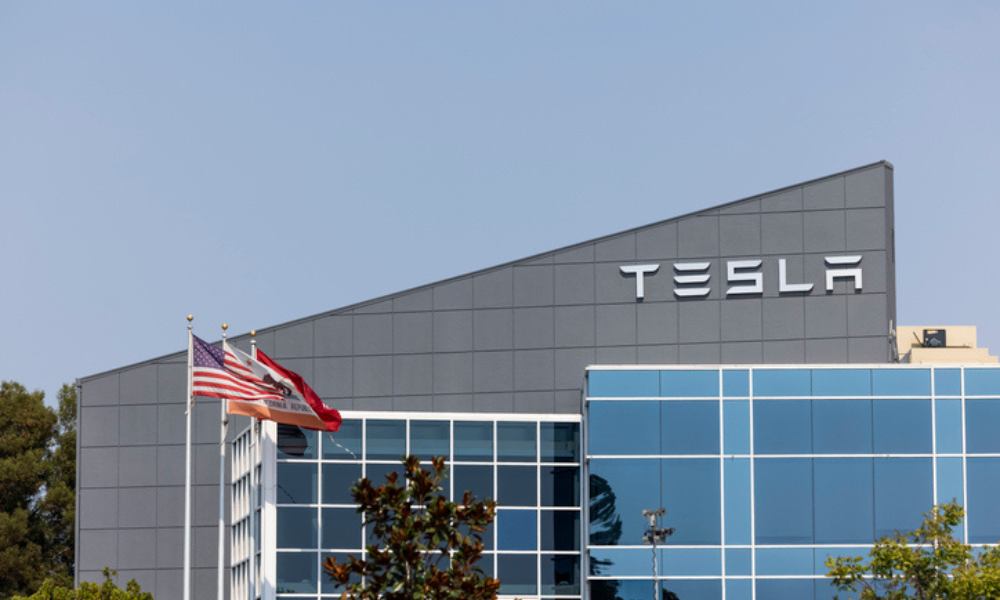Musk’s High-Stakes Performance Package
Tesla has outlined one of the most ambitious compensation plans in corporate history: a potential $1 trillion pay package for CEO Elon Musk if he meets a series of bold targets over the next decade. Unlike traditional executives who rely on fixed salaries or annual bonuses, Musk’s compensation is structured entirely around performance-based milestones. To unlock the award, Tesla must multiply its market value several times over, expand its vehicle production to record levels, and establish itself as a leader not only in electric cars but also in robotics and artificial intelligence. The proposal signals Tesla’s belief that innovation and disruption remain central to its identity. The company has already been a pioneer in the electric vehicle industry (US Department of Energy), pushing the boundaries of sustainable transportation and renewable energy. But Tesla’s leadership is now betting that retaining Musk is critical to reaching unprecedented heights in valuation, production, and influence.
Ambitious Goals Beyond Cars
The conditions tied to the award include selling more than 12 million additional Tesla cars, creating a million humanoid AI robots, and achieving a massive increase in financial performance. Tesla also envisions developing technologies that go far beyond automobiles, strengthening its place in the wider clean energy ecosystem. With its solar energy solutions (Tesla Energy) and advances in battery storage systems (Energy.gov), the company aims to integrate transportation, energy, and robotics into a unified platform of innovation. These milestones would make Tesla not only the most valuable car company in the world but potentially the most valuable company in history, surpassing even the largest tech giants. The challenge, however, is immense. Competition in the EV sector is intensifying, with automakers like Volkswagen (Volkswagen Group) and Chinese manufacturers scaling production and innovation. At the same time, questions remain about whether Tesla can maintain its technological edge while balancing Musk’s other ventures in space exploration and artificial intelligence.
The Future of Tesla and Corporate Leadership
If Musk achieves the outlined targets, Tesla’s market valuation could soar to over $8 trillion, creating a milestone unmatched in business history. For shareholders, the potential rewards are staggering, but so are the risks. Tying the company’s destiny so closely to a single individual raises important questions about corporate governance and long-term stability. Yet, Musk’s track record of defying expectations—turning Tesla from a niche electric car startup into a global industry leader—suggests that such ambition is not entirely unfounded. The proposal highlights the growing trend of tech-driven companies aligning compensation with transformational goals, reinforcing the idea that innovation is the true driver of value in the 21st century economy. Whether Tesla can deliver on these promises will determine not only Musk’s personal wealth but also the future trajectory of clean technology, sustainable energy, and robotics worldwide. As investors and analysts evaluate the plan, one thing is clear: the outcome of this compensation package will be studied for decades as an unprecedented experiment in business, leadership, and technological ambition.







